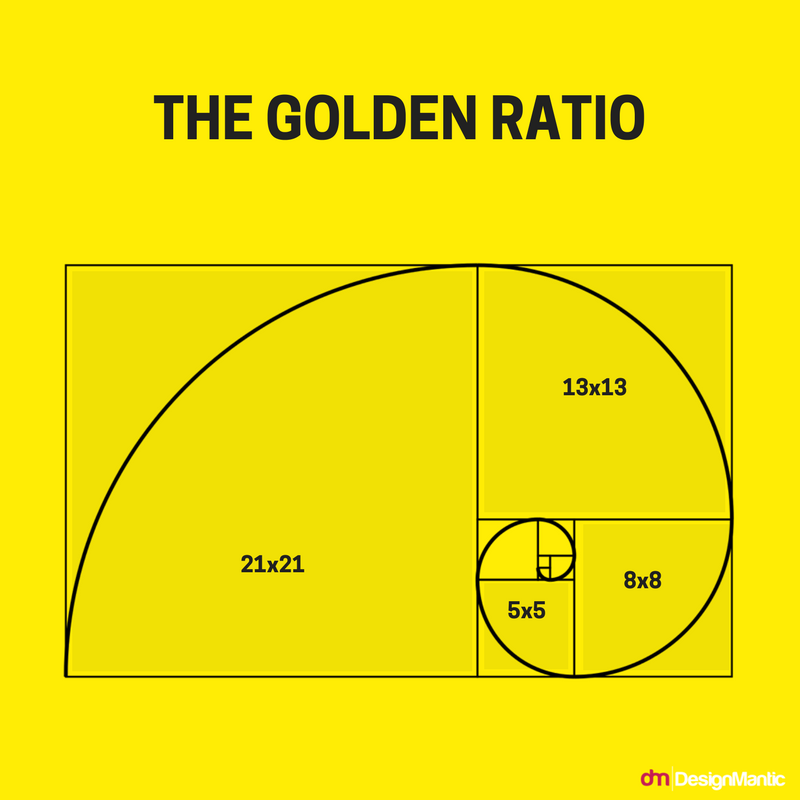back in 1990 (91?) there was a vote in the USSR on whether to dissolve the Soviet Union, and 74% of people voted to keep it intact. out of curiosity, I’d really like to see what that same referendum would result in if done in the US today
this gives us a hint

Looks like Connecticut seceded already.
So I’m going to put that on a really low probability. Even Texas, which has long had a political faction that talks big about succeeding, isn’t close to majority support, let alone the necessary overwhelming support. Compare that with Ukraine’s 90% approval of independence in 1991. Social, economic, and foreign relation factors just make it a tough sell here. People move around a lot, so even someone like me with a medium number of connections knows people across the US. The single market provides US businesses an enormous market of hundreds of millions of people without having to deal with trade barriers, so the business community would be dead set against it. And of course a large country has more luck throwing around its weight on the international stage than 50 small ones.
So you might have a non-negligible minority approval rate for succession when people are poking buttons in a survey app. Even less so when they have to actually make a tough decision and are shown the pros and cons.
deleted by creator
Compare that with Ukraine’s 90% approval of independence in 1991.
71,5% for staying in the USSR in the March '91 referendum (83,5% turnout) - 92% against in the December 1991 one (84% turnout)
The public opinion turned around very fast in one year. Then the Communist Party and other left wing parties were the strongest in the late 90s. It’s like Lenin’s quote about there being weeks where decades happen. There’s no reason why it could not happen again or elsewhere.
Unfortunately it doesn’t matter. The government stopped representing the people a long time ago. We need to stick together. It is us vs. them, not one political ideology vs. another.
To offer some context for the other responses: it is us vs them, where “us” is the working class and “them” is the capitalist class which controls society. However, this is also a clash of political ideologies, namely those that favor the working class (socialism/communism/anarchism) vs those that favor the capitalist class (liberalism/conservatism/fascism).


My zir you need to figure out who your enemies are
The ideology defines who is on what side of the “vs.”
Repeat after me Jack
NOTHING. WILL. FUNDAMENTALLY. CHANGE

Now get them to agree on what those changes should be
-
80’s Thatcher/Reaganomics,
-
Clinton-Neoliberalism,
-
Greenspan-Libertarianism (liberty for money, no regulation)
= capitalism bringing on the calamity to humans and the planet.
All of that was neoliberalism, and everything up to today has been, including Obama and Biden. https://en.wikipedia.org/wiki/Neoliberalism
Yup, it crosses the political divides.
-
There is no issue that matter’s more than finding a way to get money out of American Politics. I suspect everything else is an aspirational pipe-dream until that happens.
This is the best summary I could come up with:
The surveys by The New York Times, Siena College and The Philadelphia Inquirer found that Mr. Trump was ahead among registered voters in a head-to-head matchup against Mr. Biden in five of six key states: Michigan, Arizona, Nevada, Georgia and Pennsylvania.
Since then, the stock market has gained 25 percent, Mr. Trump’s criminal trial in Manhattan has started, and the Biden campaign has unleashed tens of millions of dollars in advertisements across the battleground states.
The sense that Mr. Biden would do little to improve the nation’s fortunes has helped erode his standing among young, Black and Hispanic voters, who usually represent the foundation of any Democratic path to the presidency.
Historically, polls at this early stage have not been necessarily indicative of the outcome, and Mr. Trump’s breakthrough among traditionally Democratic young, Black and Hispanic voters may not rest on a solid foundation.
A bigger challenge for Mr. Biden than disengaged voters may ultimately be the disaffected and the disillusioned — those who desire fundamental changes to American society, or who believe that the political and economic systems need to be torn down altogether.
Mr. Trump’s trial in Manhattan, on charges that he falsified business records related to a hush-money payment to cover up an affair with the adult film star Stormy Daniels, was already underway when the polls began in late April.
The original article contains 2,836 words, the summary contains 224 words. Saved 92%. I’m a bot and I’m open source!
Counterpoint: this is from the NYT so… ofc that’s what they’d say, especially resulting from their own polling audience.









